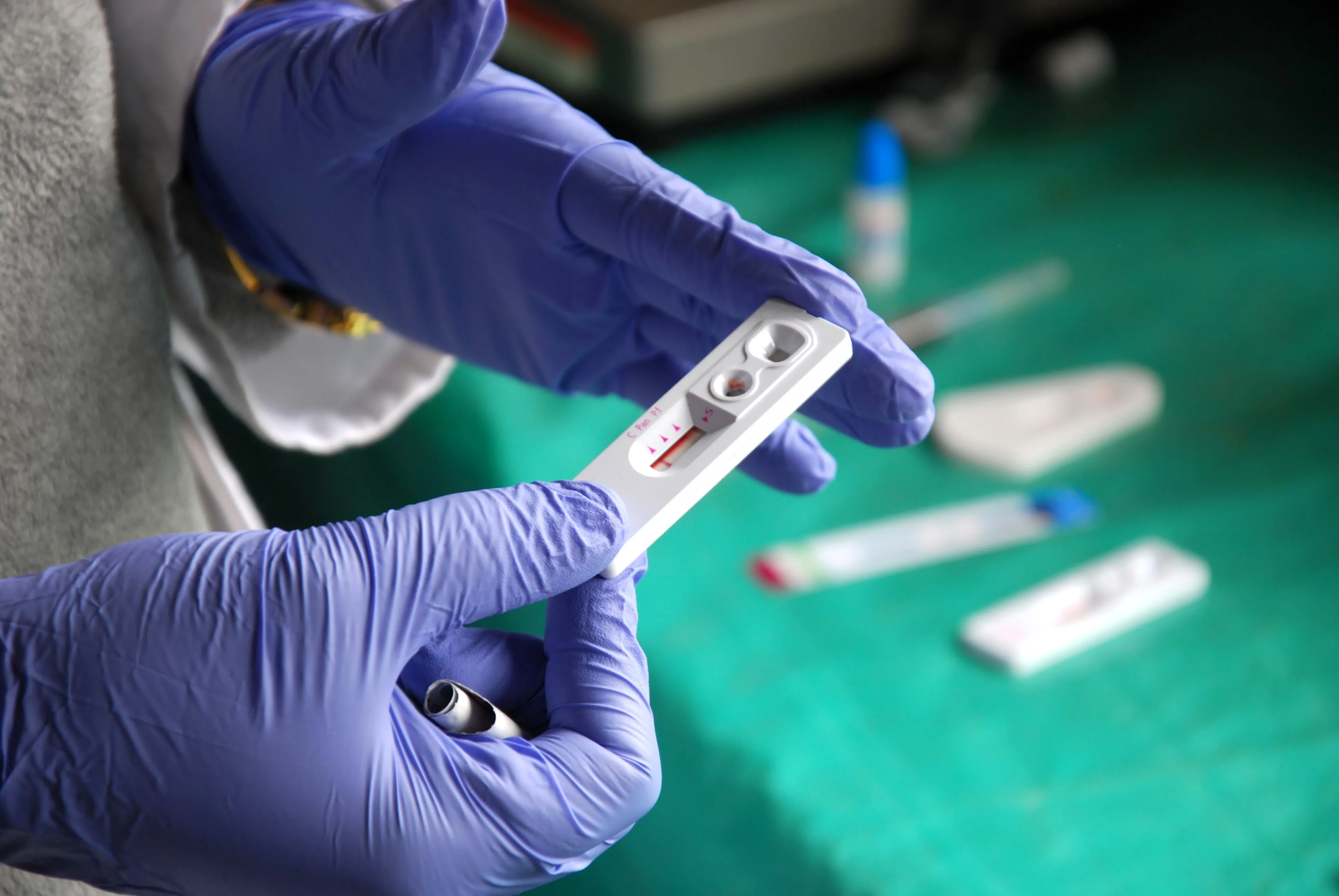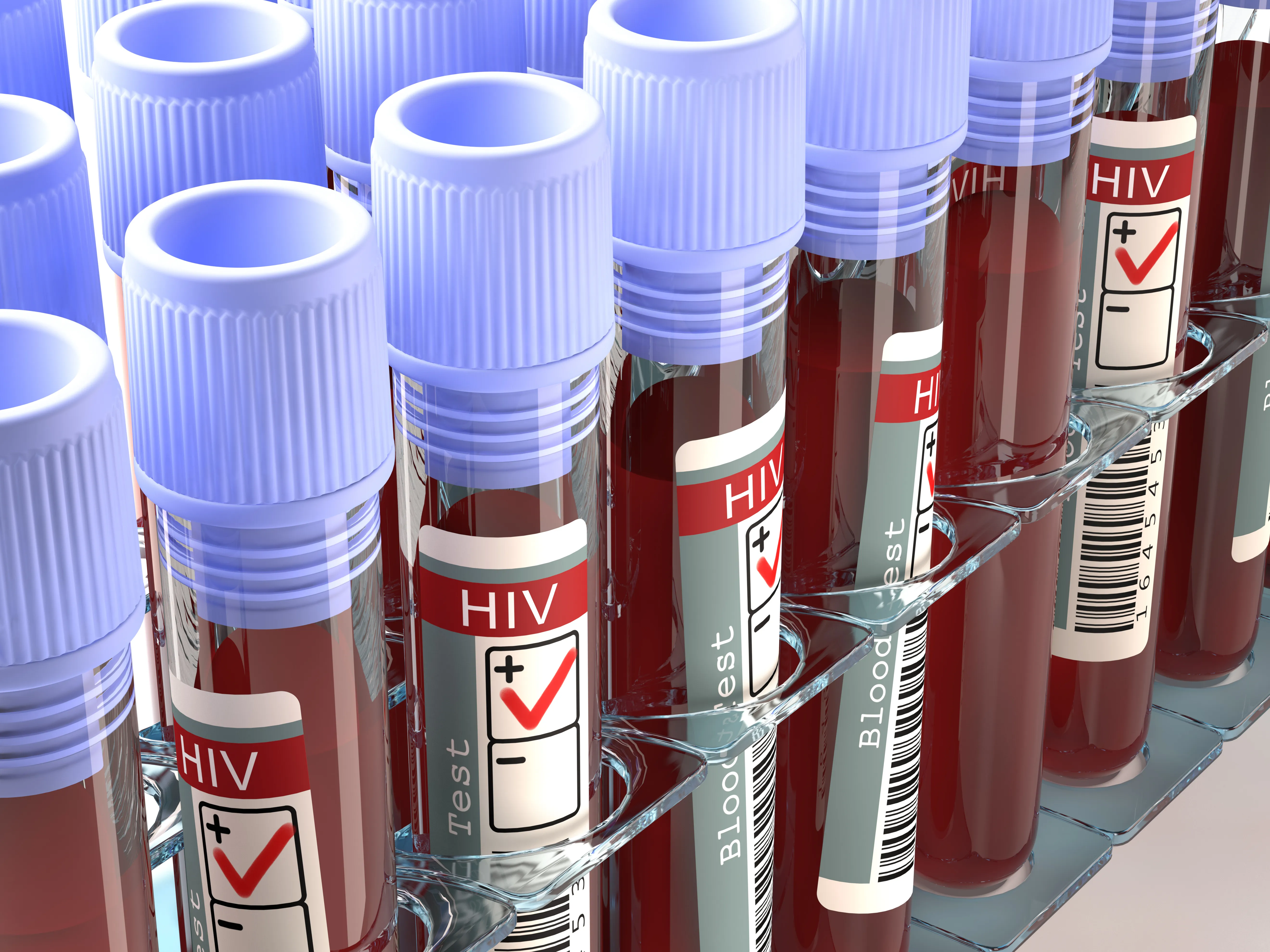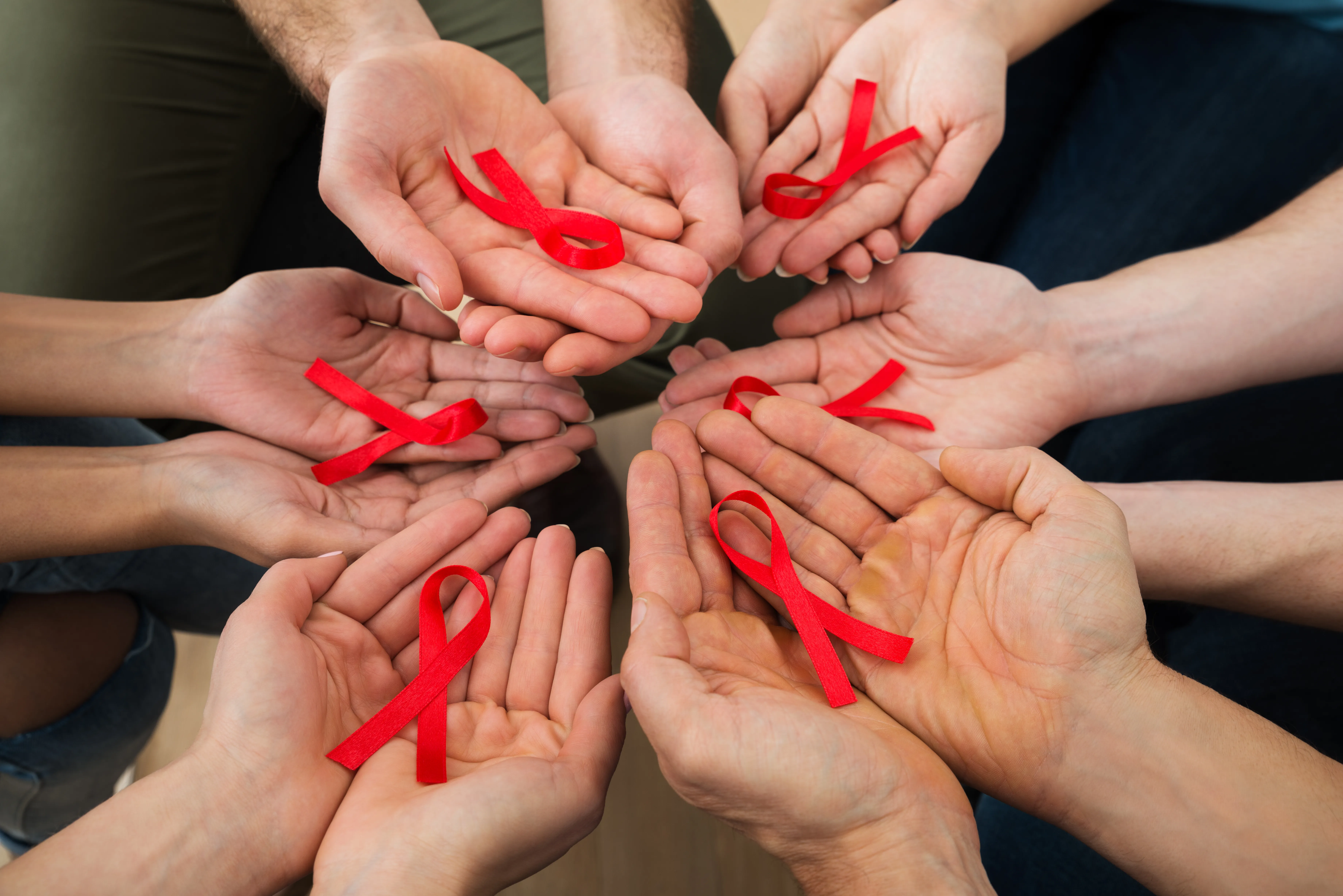HIV stands for Human Immunodeficiency Virus. The main causes of HIV are attributed to this virus. When it is left untreated, HIV can result in AIDS. AIDS means Acquired immunodeficiency syndrome.
HIV is known to attack the immune system of the body, especially the CD4 cells (T cells). The T cells are vital in assisting the immune system fight off infections. When HIV is left untreated, it results in the reduction in the number of CD4 cells in your body. A decrease in the level of CD4 cells exposes the body to many types of infections. HIV can destroy many of these cells leading to a compromised immune system. This may result in the emergence of opportunistic infections. These infections signal that you have AIDS, which is the last state of HIV infections.
Here are 20 things that everyone should know about HIV:
1. There’s no cure yet
Currently, there exists no effective cure for HIV, but it is possible to control the condition with proper treatment and medical care.
[respa]
Antiretroviral drugs are the medicines that are used to treat HIV, and when these drugs are taken in the right way, they can prolong your life if you have HIV. These drugs have the ability to keep you healthy in addition to lowering your chances of transmitting the virus to other people.
2. Testing is simple
You can know if you have HIV by getting tested. Testing is a relatively simple procedure. People who suspect they have HIV should request testing for confirmation.
Currently, many substance abuse programs, medical clinics, community health centers and hospitals are known to offer testing services. Home testing kits are available in drug stores or online.

Franco Volpato / Shutterstock.com
3. Onset of AIDS takes many years
[respa]
The onset of AIDS can take more than a decade from the time you are infected with the virus. If you have been infected with the virus, you can feel and look healthy for many years, although you can transmit the virus to other people during this time.
4. HIV is commonly transmitted through infected body fluids
HIV is mainly passed from one person to another through the exchange of HIV-infected body fluids. Transfer of the virus is possible during all the stages of the disease.

ktsdesign / Shutterstock.com
5. Sexual intercourse is the leading mode of transmission
HIV is mostly transmitted through sexual intercourse. The virus can readily be exchanged where there are tears in the anal or vaginal tissues. Younger women are more vulnerable to infection because their vaginal membranes are thin and more susceptible to infections than those belonging to older women.
6. People with sexually transmitted diseases are at a greater risk of getting infected
[respa]
If you have a sexually transmitted infection, the chances of being infected with HIV are higher. If you have an infection that is sex related, you should seek medical assistance immediately. You should also avoid having sexual intercourse or practice safer sex.

Image Point Fr / Shutterstock.com
7. Reducing the risk of transmission is your responsibility
[respa]
The risks of sexual transmission of HIV can be reduced if infected people decide not to have sex. Infected partners can choose to have sex with each other or choose to engage in safe sex. Safe sex usually involves the use of a condom or avoiding penetration. But you should note that the only way you can prevent the sexual transmission of HIV is avoiding all sexual contact.
8. Contact does not transmit HIV
You cannot get HIV by shaking hands, hugging, sharing swimming pools, sharing eating utensils, sneezing or sharing toilet seats with someone who is infected with the virus.

Monkey Business Images / Shutterstock.com
9. Infected people need compassion and support
[respa]
You should not discriminate against people who have been infected with HIV. Discrimination violates their human rights, and it also endangers public health. You should always show compassion and support to those infected or affected by HIV and AIDS.
10. Counseling is available
If you suspect that you have been infected with the virus, you should immediately contact a trained health worker or an HIV center so as to receive confidential counseling and testing.

wavebreakmedia / Shutterstock.com
11. Drug users are at risk
[respa]
If you are addicted to drugs, you are at a high risk of being infected. This is because the virus can be transmitted through the skin when it is cut or when it is pierced using a needle, razorblade, syringe or any other tool that has not been sterilized.
12. Transmission through oral sex is possible
Passing the virus through oral sex is rare, but it is possible to be transmitted this way. When ejaculation happens during oral sex, the risk of HIV is increased.

vidguten / Shutterstock.com
13. PrEP is a pill that reduces transmission risk
[respa]
PrEP is a pill that is mostly taken by people who are trying to prevent HIV infection. Sometimes it is taken by people with HIV. For people with HIV, it should be taken daily to prevent the disease from spreading. It is best for high-risk individuals. The drugs are extremely efficient when taken correctly. However, doctors still recommend the use of safer sex practices for added protection.
14. HIV-positive people can still have children
It is possible to have children when you are infected with HIV. If you are a woman, medications are available that can reduce the chances of transmitting HIV to the unborn child to less than 1 percent. For men with HIV, the sperm can be cleaned to get rid of the virus before insemination is performed. This procedure is performed by specialists who deal with fertility, HIV and insemination.

vidguten / Shutterstock.com
15. Serodiscordant couples can (and do!) make it work
[respa]
Serodiscordant couples are couples wherein one partner has the virus, and the other does not have HIV. Serodiscordant couples can have a happy and fulfilling relationship, although it requires commitment and hard work. In such circumstances, it is important to talk to a counselor who specializes in helping people cope with HIV.
16. HIV-positive people benefit from having a special doctor
Once you have been declared positive for HIV, it is important to look for a health care provider who specializes in HIV medical services right away. The HIV specialist should be able to serve your needs appropriately.

Shutterstock.com
17. Symptoms need to be monitored
After testing positive, regular appointments with your doctor are important. Additionally, you should learn how to monitor your body on your own.
[respa]
There exist some signs that you should be keen on and health factors that should be monitored closely to maintain optimal health. The symptoms include diarrhea, loss of appetite, weight loss, trouble when swallowing, shortness of breath, a new cough, dizziness, headaches, difficulty in remembering and blurred vision. You should always alert your doctor of all the symptoms and side effects you are experiencing as a result of medications and your illness.
18. Protecting yourself from getting sick is a high priority
If you have tested positive, the strength of your immune system will undoubtedly fluctuate. Therefore, it is important to maintain high standards of cleanliness. This will include washing of hands before and after eating and after using the toilet.
You should create and maintain healthy eating and lifestyle habits. Always consult with your HIV specialist nutritionists. You should avoid all the things that compromise your immune system like excessive drinking, smoking and drug abuse.

Alexander Raths / Shutterstock.com
19. If you cannot afford the medication, help is available
[respa]
Health care reforms have made it possible for those infected with the virus to access the drugs through the health insurance. The federal government also has subsidies for those who are not above the federal poverty level.
20. You do not need to inform your boss
If you are positive, you do not need to tell your boss about your HIV condition. It is unlawful for a company to dismiss you unless you have limitations that significantly affect your work.

Shutterstock.com
